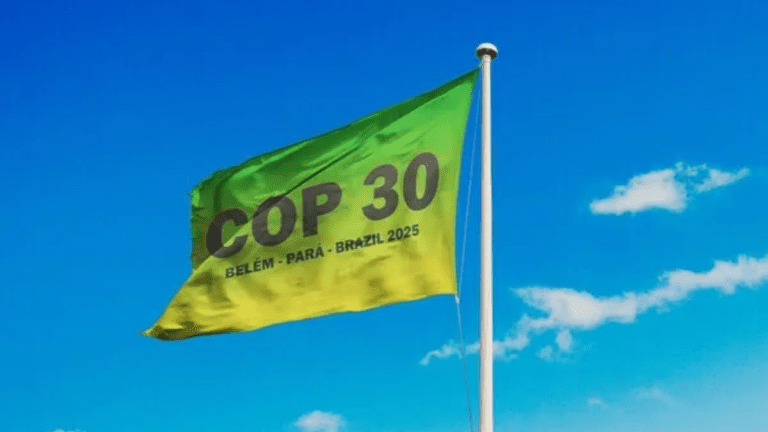
🕒 Last updated on July 3, 2025
World Leaders Prepare for COP30 Amid Deep Divisions
A major climate summit is coming up soon. Nearly 200 countries are expected to attend COP30, the world’s most important climate meeting. Each country must submit a plan showing how it will cut carbon emissions. These plans are meant to help the world limit global warming to 1.5 degrees Celsius.
But there’s a problem. Only a few countries have sent their plans so far. Big polluters like the European Union and China have not yet submitted anything. The United States, under a previous leader, pulled out completely. This delay is causing serious concern.
The target of 1.5°C was agreed upon nearly a decade ago. It aims to stop the Earth from getting too hot. But new research says the world might already have passed this level. Some experts believe this will be a big point of tension during the summit. Countries disagree about how to respond.
Despite the confusion, all countries agreed to the 1.5°C goal in the Paris Agreement. Now they must show how they plan to reach it. Many are struggling to adjust their plans. This is making the upcoming summit tense and complicated.
Developing Nations Demand Action as Tensions Grow
Small island nations are speaking up. They face the biggest risks from rising sea levels. These countries say climate science must guide decisions. They feel science is under attack from some richer, oil-producing countries.
At a recent UN meeting in Bonn, these island nations pushed back hard. They criticized efforts to remove references to the 1.5°C target. They called such actions an “attack on science.” Their statement warned that denying scientific facts is dangerous for the entire planet.
Meanwhile, oil-producing countries continue to resist changes that would hurt their fossil fuel industries. This resistance was especially strong in recent talks, causing frustration. Many countries said discussions often became heated.
Despite the friction, one success came out of the Bonn talks. Countries agreed to raise the UN climate budget by 10 percent. This will increase it to €81.5 million by 2026. China’s decision to increase its financial contribution played a key role in this move.
Global Politics Create Challenges for Climate Progress
World events are making the climate talks even more difficult. Global conflicts, especially those involving Russia and the Middle East, are affecting national budgets. Many countries are spending more on defense, leaving less for climate action.
Due to these conflicts, some global leaders cancelled their trips to climate meetings. The absence of key voices shows how fragile the talks can be. One major climate leader even skipped a meeting in London because of growing tensions overseas.
Despite these setbacks, more than 700 climate-related events took place during London Climate Action Week. Officials from Brazil, the European Union, Kenya, Singapore, and Germany gathered for informal talks. But the shadow of global political unrest loomed large over the discussions.
Business leaders also voiced concerns. Some said certain countries were actively working against climate goals. One bank head warned that some actions by global powers are damaging joint efforts. He urged leaders to stay committed to the shared goal of cutting emissions.
Technology and Clean Energy Take the Spotlight
Even with political challenges, technology is offering hope. Many business events in London focused on clean energy tools. Experts discussed how artificial intelligence is helping reduce energy waste. They also spoke about new advances in battery storage and electric vehicles.
One energy leader said battery prices have dropped by 95 percent in the past 15 years. This massive price fall is changing how countries view clean energy. As more people switch to electric vehicles, the traditional car engine is quickly becoming outdated.
These changes are happening fast. Companies and governments are racing to upgrade their energy systems. The shift from fossil fuels to cleaner options is well underway. But without strong global agreements, progress may remain uneven.
In the lead-up to COP30, countries must balance technology, science, politics, and economics. With fewer than 30 countries submitting their climate plans, the gap between pledges and the 1.5°C target remains wide. Tensions are high as the world prepares for the next big climate summit.